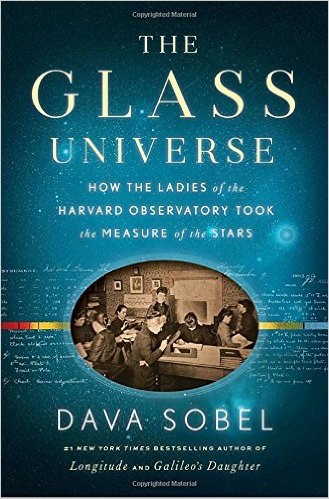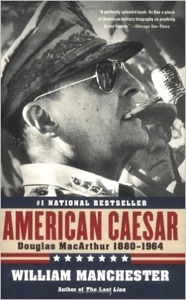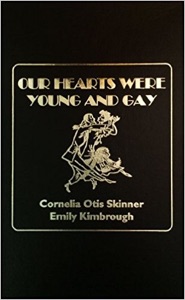In comments on Em Short’s dismissive review of Those Trojan Girls, someone asks:
I enjoy snarky school stories, but I feel uncomfortable about taking references from Trojan Women, which is a heavy and sad piece about very serious issues, and turning it into yet another story about how annoyingly self-obsessed rich girls are. That may or may not be the actual point of this work, but it’s the feeling I’m getting. There are far, far better sources to draw on for that kind of story.
After a few months, perhaps I might indulge in a response.
agency
Those Trojan Girls does engage with serious issues, and though perhaps it follows Seneca more closely than Euripides, Seneca is also sad.
A central problem in The Trojan Women (as in all new media) is agency: the conquered women have none (or think, at times, they have none), and yet this is their tragedy. Among many other changes, Seneca gives us Polyxena, who accepts her sacrificial fate, comforts her mother, and preserves her modesty in the face of the intolerable. Euripides gives us infant Astyanax, who is a pure victim. My Polly plays a longer game.
Polly Xena is a convict and perhaps a con, and of course she’s a con in another sense: the brutal sacrifice of a pretty teenager, someone we’ve gotten to know and like, is going to get your attention. That was Seneca’s game. But is that fair to Polly, to use her like that? Of course it’s unfair; that didn’t bother Seneca, perhaps, but it should bother us. It’s a game, but it’s not a game: this stuff matters to the people who are getting blown up.
romance
We also have the problem of Helen. What are we to do about her? The Greeks could (possibly) believe that all of this was her fault — or at least that the Trojans might have thought so. We can’t do that: whatever people say, The Occupation is not actually the fault of a schoolgirl.
And yet – and yet. Helen knows that she is free to make her own choices, to assert her sexual autonomy as she pleases. That is her right. Her choices are not convenient, but they are not hers alone. Her lover knows both that this is wrong and that it will end in his ruin, but Love Conquers All. For them, love is everything; for the rest of a school caught up in The Occupation, it is just a surprise.
Love led Mary MacGregor to Franco’s Spain, which in due course led Sandy to put an end to Miss Brodie’s prime. Neither Mary nor Sandy were rich, and you’d likely consider most of my protagonists to be far from wealthy if you bumped into them (as you might) at Schipol. What romantic protagonist is not self-obsessed? “It is a far, far better thing I do:” me, me, me.
peace in our time
I’m interested in plotful hypertext, for which we have few polestars. (I know there are plotful games and that Interactive Fiction (IF) is plotful and sometimes literary. I honor and esteem it. I’ve gotten on the wrong side of the IF community and didn’t mean to.) There’s a lot we don’t know – or, if we know it, I don’t know where it’s written down.
You’re starting an interactive narrative. Will you write it using present tense, or past? Why? What are the consequences of either choice?
You want the consequences of the reader’s choices to be real and to be evident, but you want to avoid the problems of My Friend, Hamlet and you want the reader to be thinking about the characters, not about leveling up their ST or getting another 37 Dingus Stones so they can cast that Apple Spell. How do you manage this?
What about point-of-view shifts in new media: distracting or inviting? How do we choose the best point of view for a scene? For a story?
Recently, we’ve seen some intriguing hypertext with really large granularity: Jennifer Egan’s A Visit From The Goon Squad, Iain Pears’ Arcadia, and I don’t know what else. Is this a promising development or a return to incunabula?
There’s usually a lot of time between fights. In fact, maybe we want the battles offstage entirely; Jack Aubrey can go through an entire volume without firing a shot. How do we keep the plot moving without overt conflict, while we play Bocherini in C or discuss the Rights Of Man? O’Brian does it. Victor Hugo does it. Trollope does it too, some of the time. Nothing actually happens in The Sun Also Rises, or not a hell of a lot, and it moves, and yet we all know new media work that stops dead when the writer starts to get on about trout fishing or bullfighting. So how do you do it?
Speaking of O’Brian, one of the chief character notes of his wonderful Dr. Maturin is an inclination to repeat adjectives so they are unmistakable, clear, lucid. But one of the classic examples of bad Elizabethan verse, from Thomas of Woodstock, does exactly this:
Why suffer their speech? To prison hie,
There let them perish, rot, consume, and die.
Is three a character note, and four a travesty?




